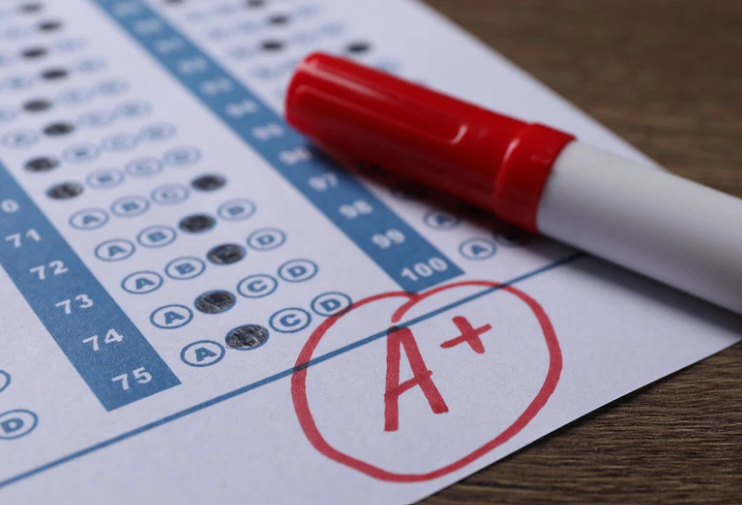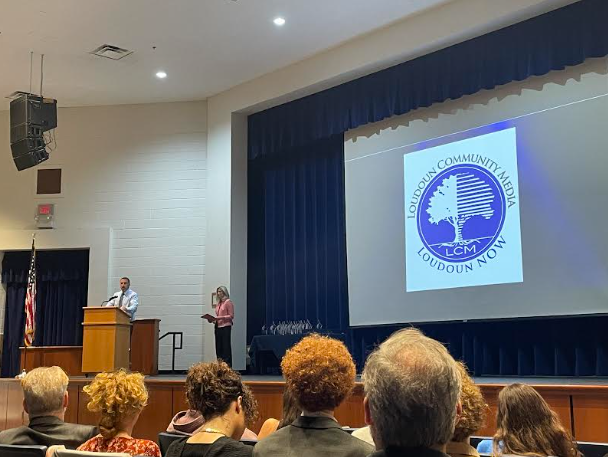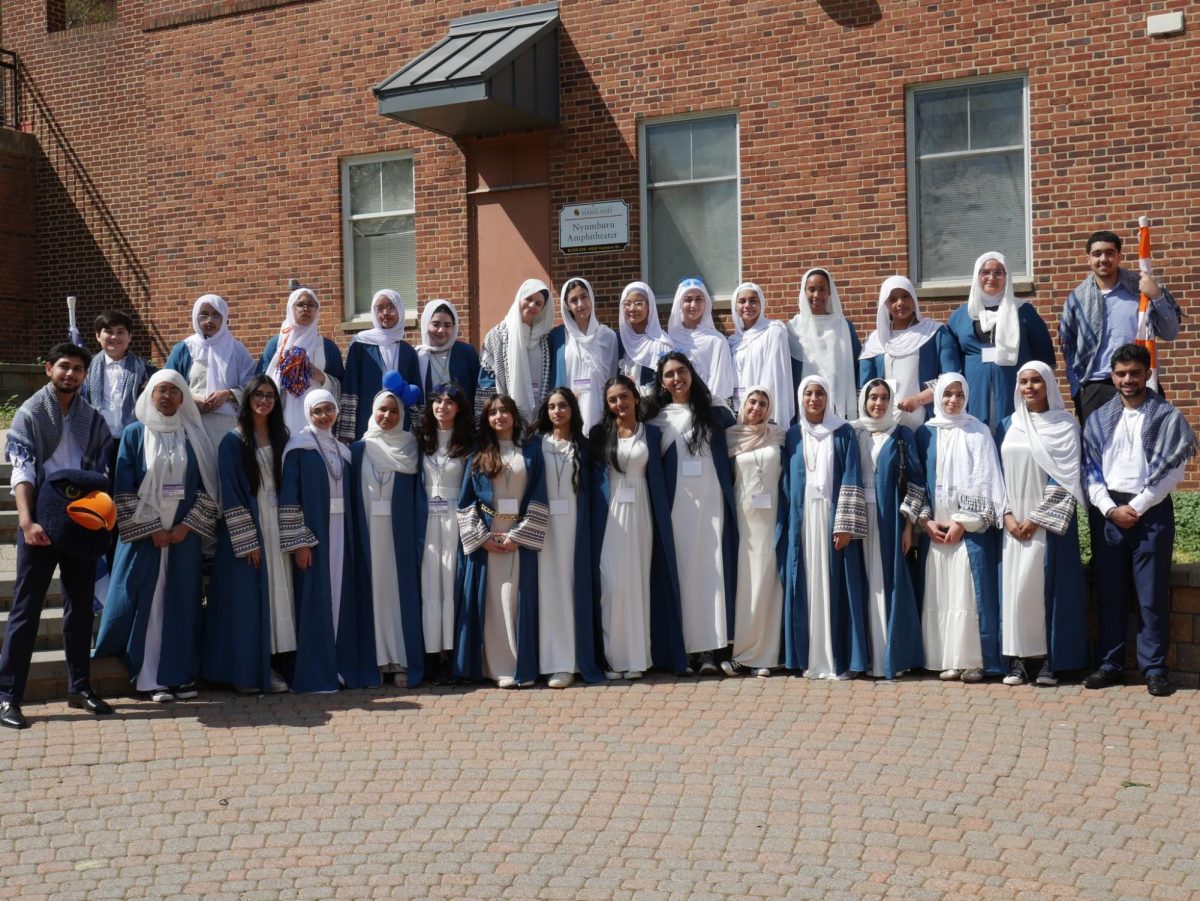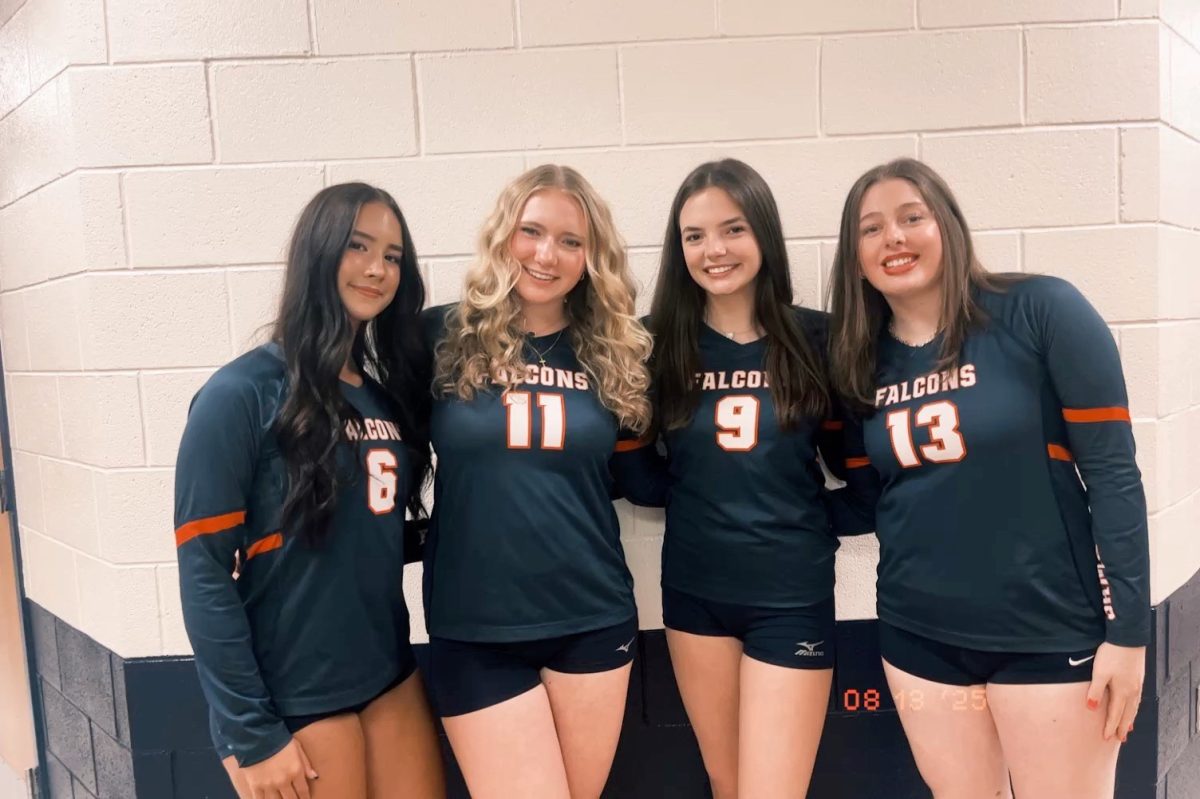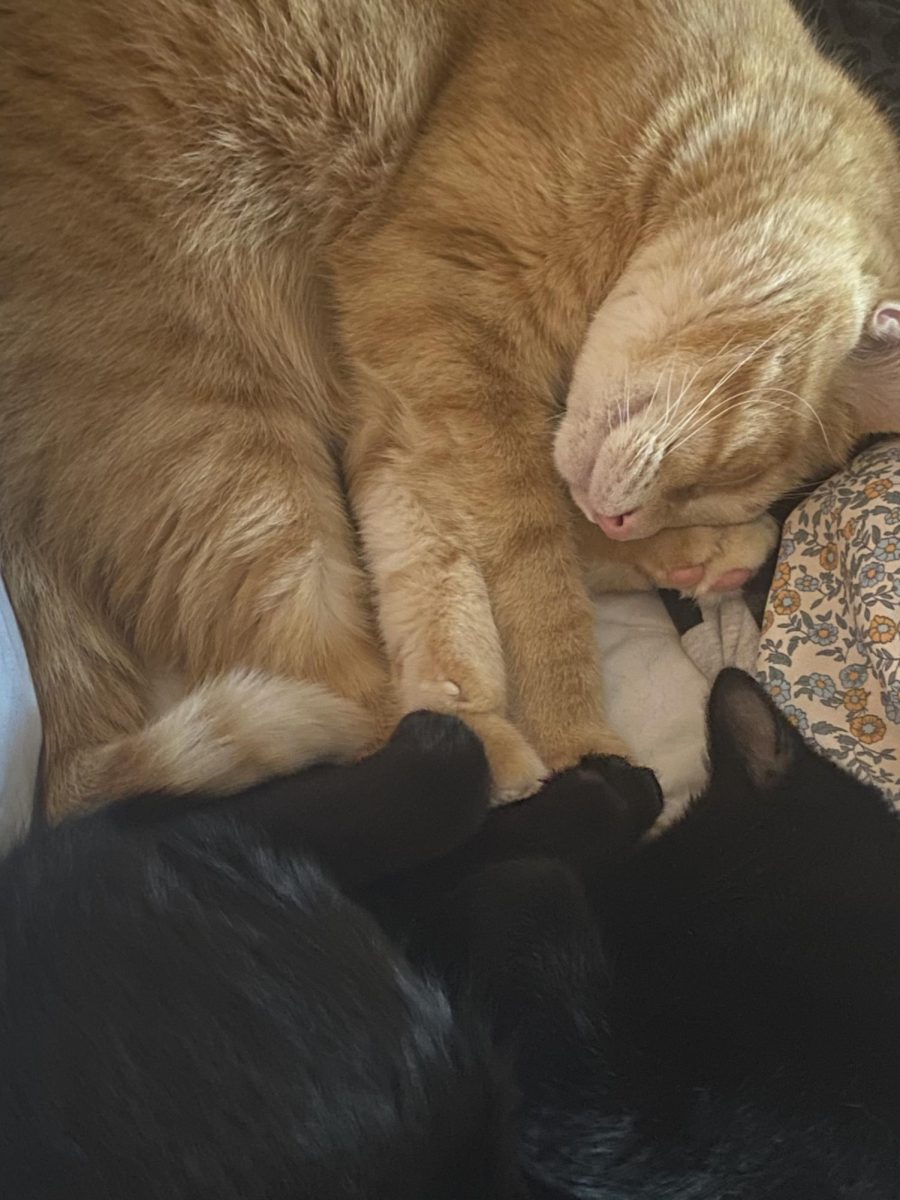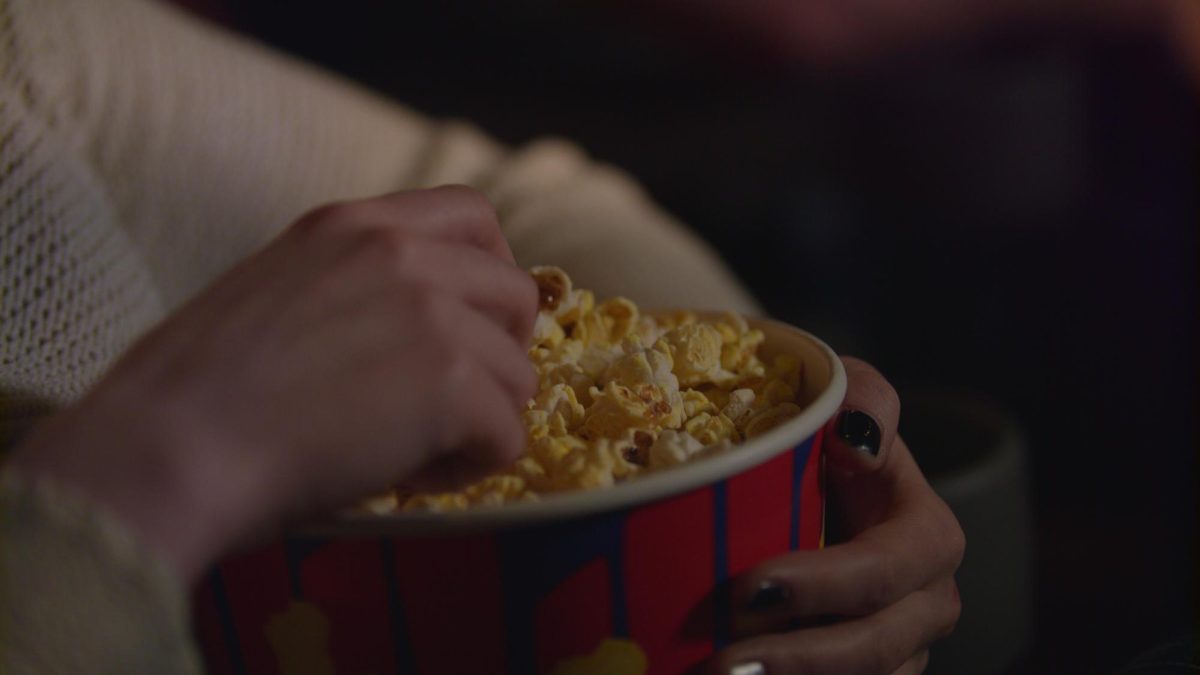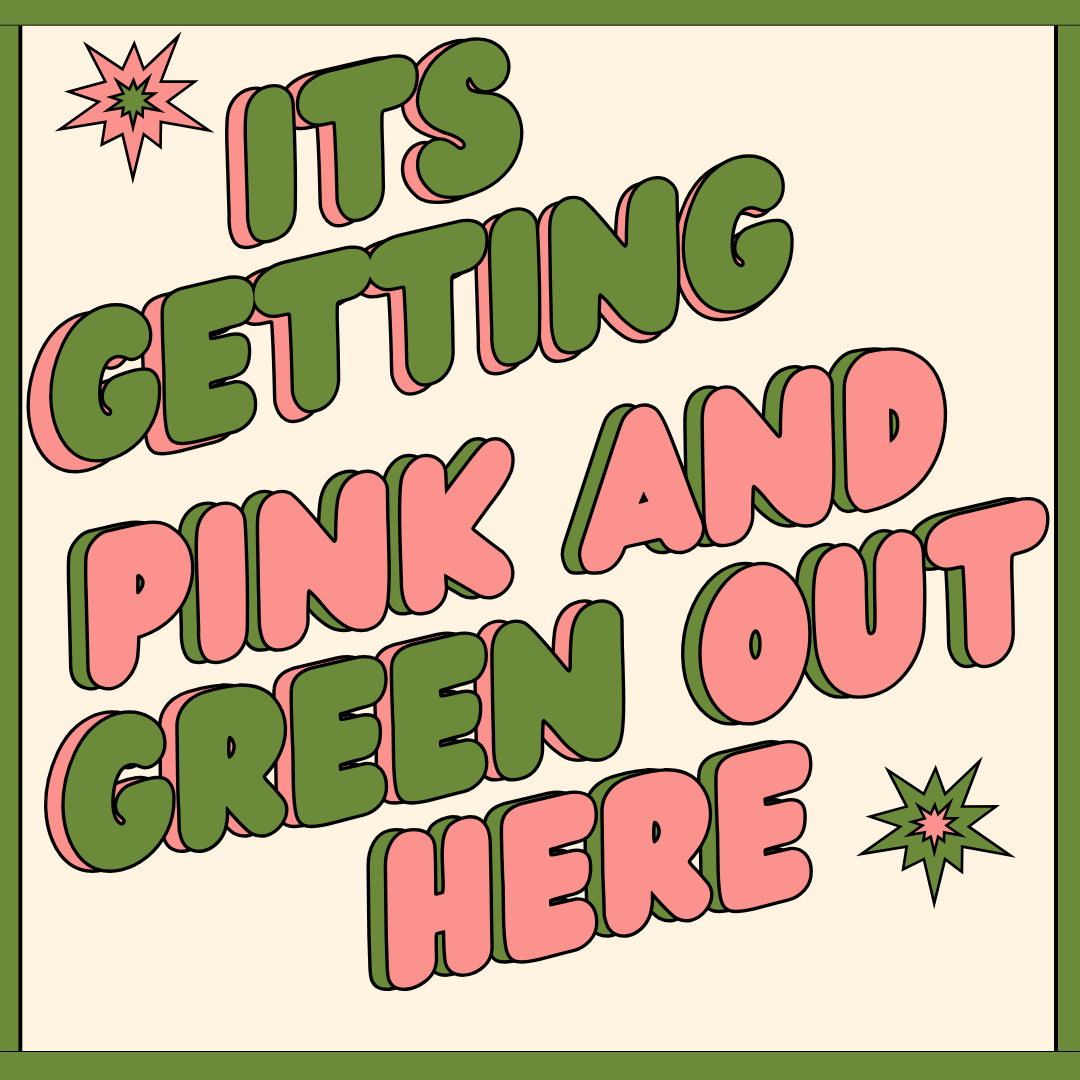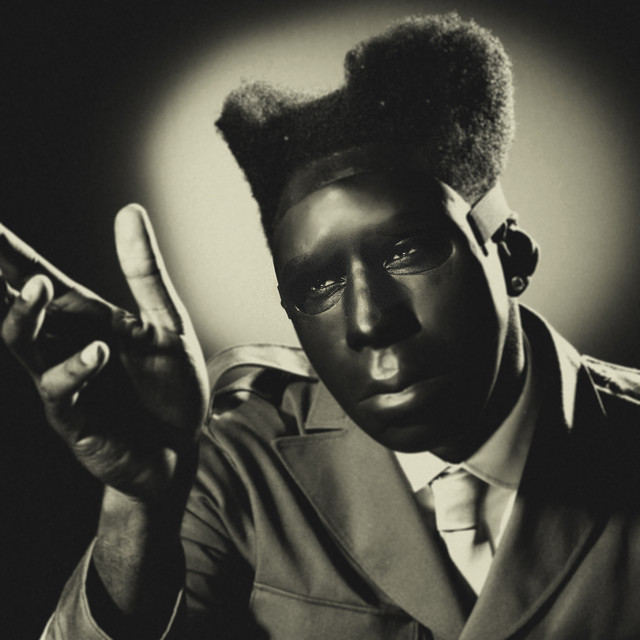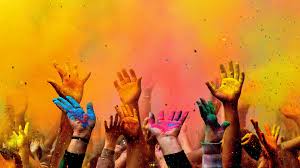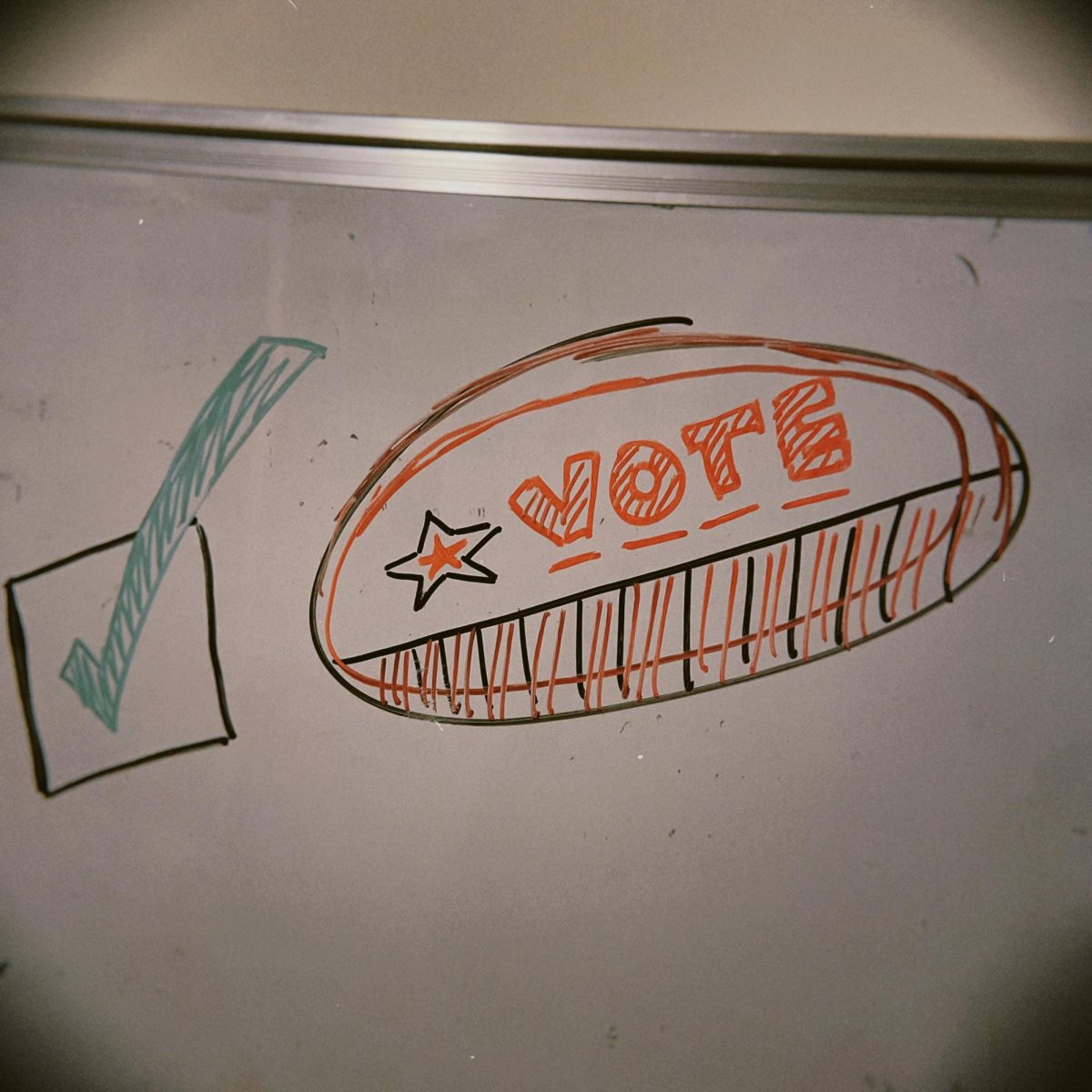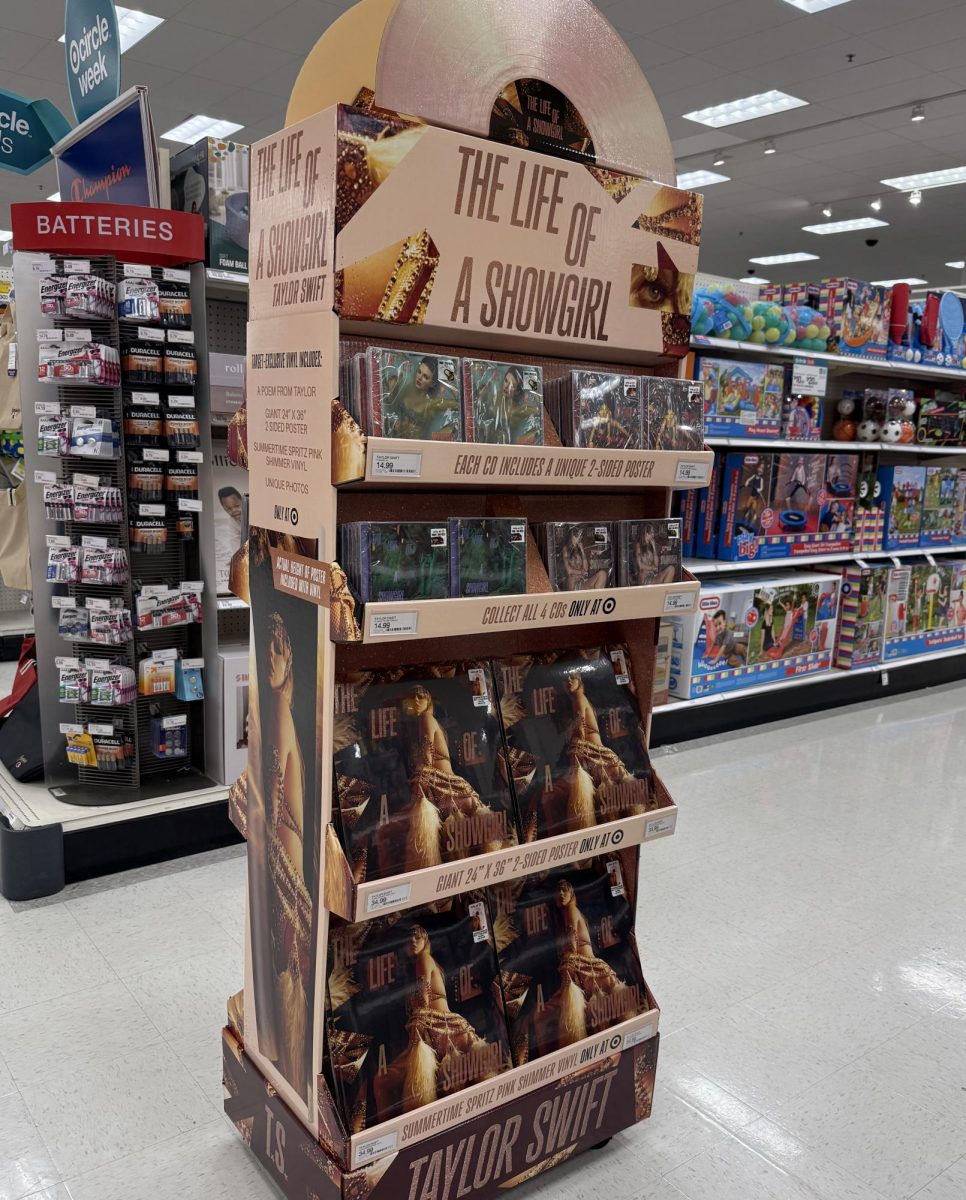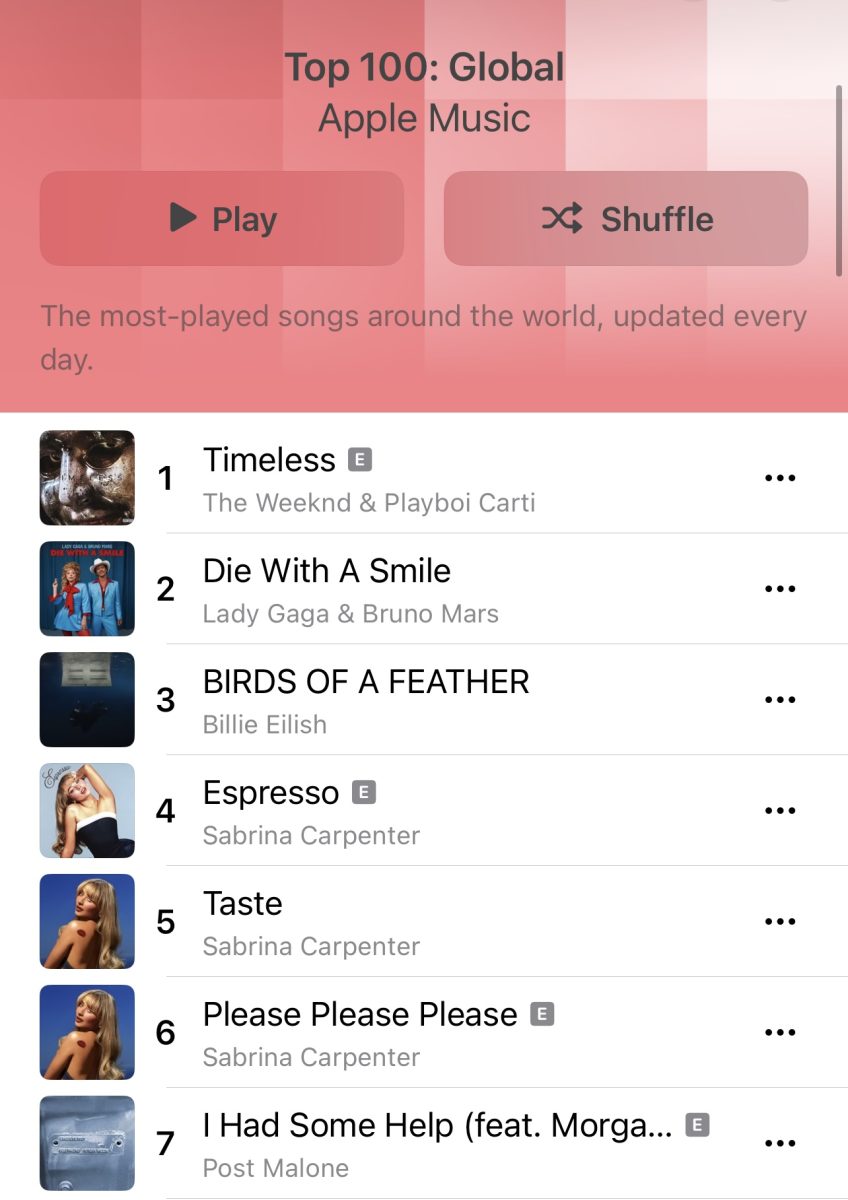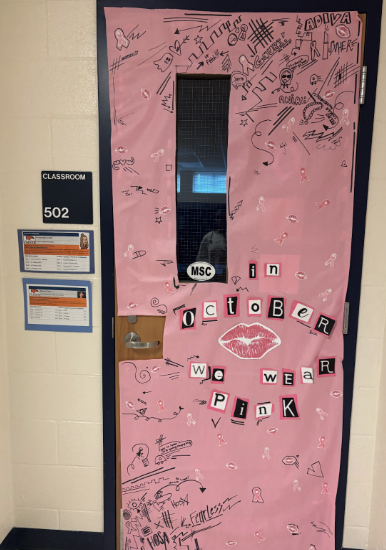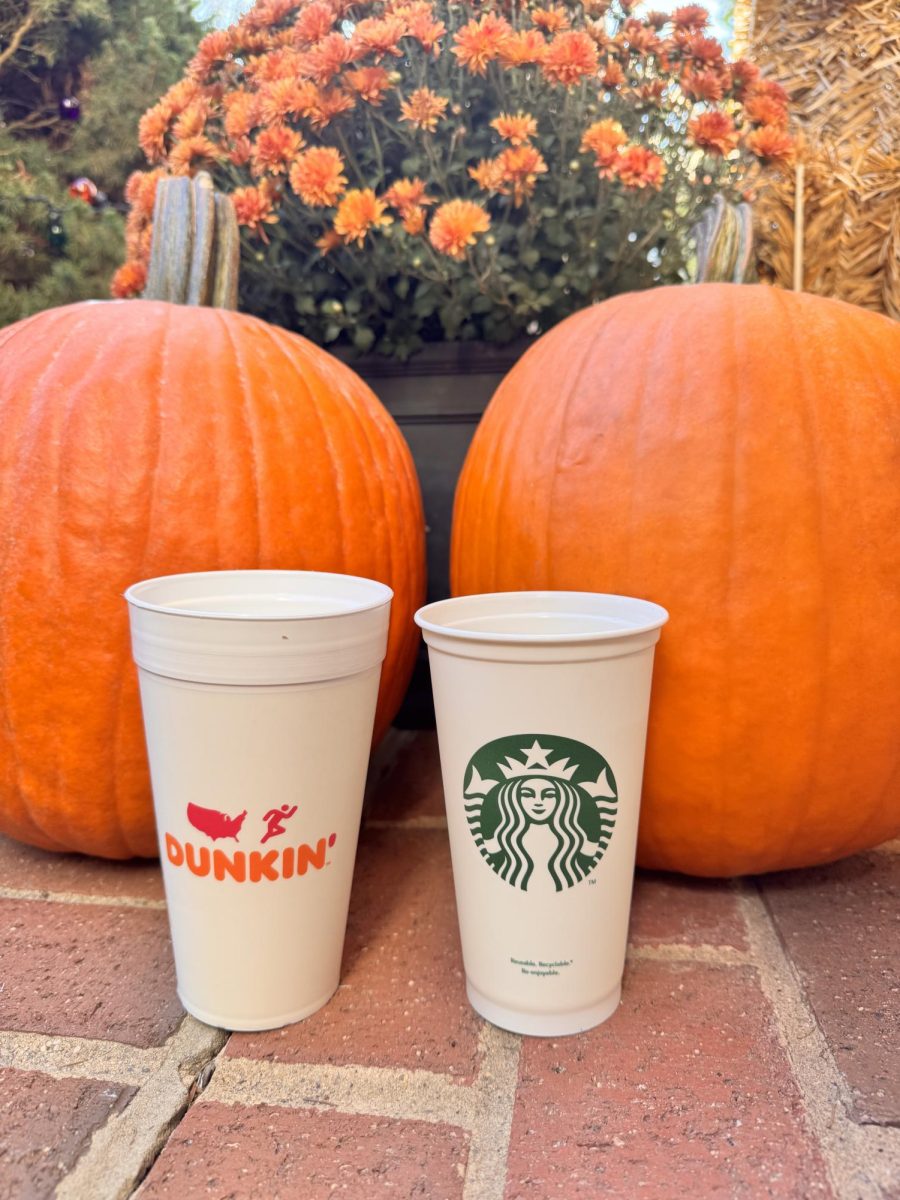In recent years, the popular social media platform TikTok has emerged as a significant influencer of teen culture, particularly in shaping music tastes. With its short form video format and viral trends, TikTok has become a powerful force in introducing new songs to young audiences and revitalizing older tracks.
One of the most notable effects of TikTok on teens’ music preferences is the phenomenon of “TikTok songs.” These are tracks that gain widespread popularity after being featured in trending videos or dance challenges on the platform. As users create content set to these songs, they often go viral due to an algorithm and subsequently climb up streaming charts.
Furthermore, many artists have experienced newfound success due to exposure through TikTok. Songs that may have initially gone unnoticed by mainstream audiences can suddenly achieve massive recognition thanks to user generated content on the app. Sophomore Lukas Billis says “I’ve actually gotten a lot of my favorite songs off of TikTok because then I listen to the rest of the artist’s discography after hearing one song.”
This dynamic environment provides emerging artists with an unprecedented opportunity for visibility among younger demographics. As initially reported by Business Insider, TikTok is very involved in the music industry, and “has done direct deals with artists and courted staffers to ‘identify, sign, and develop new artists’ to help ‘supervise the production of records and oversee all aspects of the reporting process’: and to ‘design live show and merchandise strategies for artists globally.’”
However, some critics argue that this trend could lead to fleeting attention spans when it comes to consuming music. The rapid turnover rate of trends within the app means that certain songs enjoy intense popularity for brief periods of time before quickly fading into obscurity as newer hits take their place. Moreover, concerns about homogenization arise from observations that certain genres or styles tend to dominate TikTok’s musical landscape while others receive less attention despite their artistic merit. An anonymous senior says “sometimes I see that mainstream artists get a lot of recognition for their music on TikTok or Instagram reels, but at the same time the music itself isn’t that good, it just has a really catchy beat that draws in everyone’s attention.”
As we continue into this digital age characterized by ever-evolving platforms like TikTok and Instagram, it remains crucial to not only understand but also critically evaluate how technology influences our cultural consumption patterns, especially those related directly to the impact on teens whose identities are still forming.



